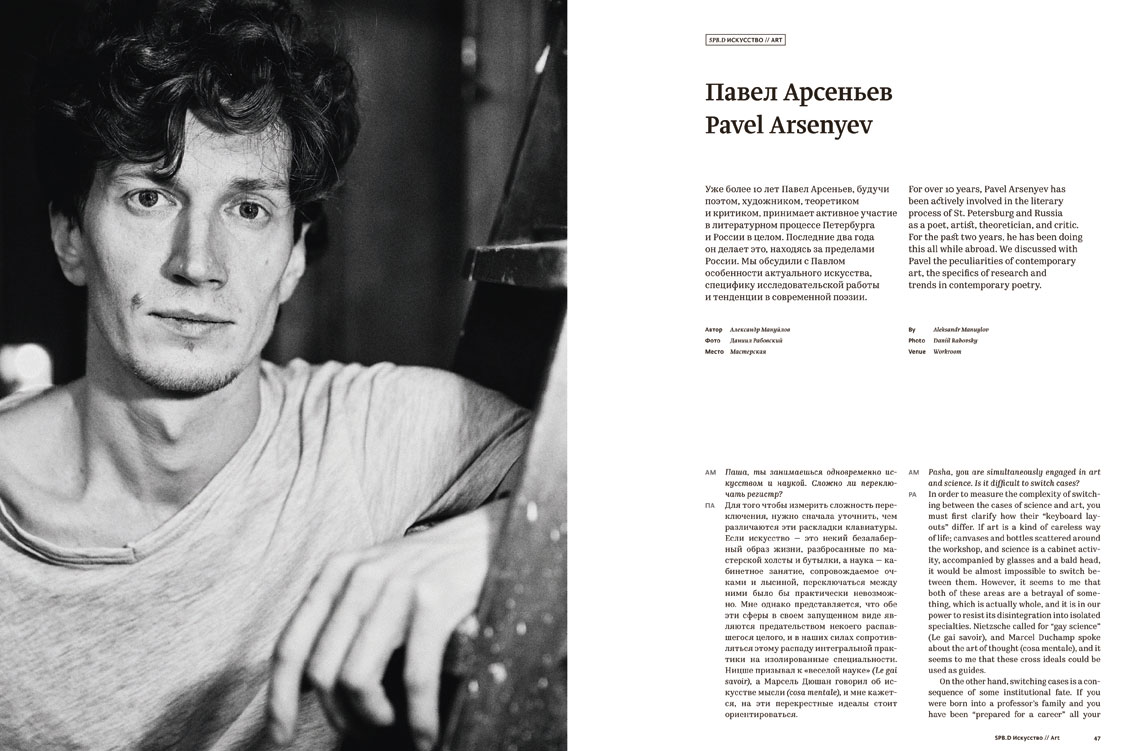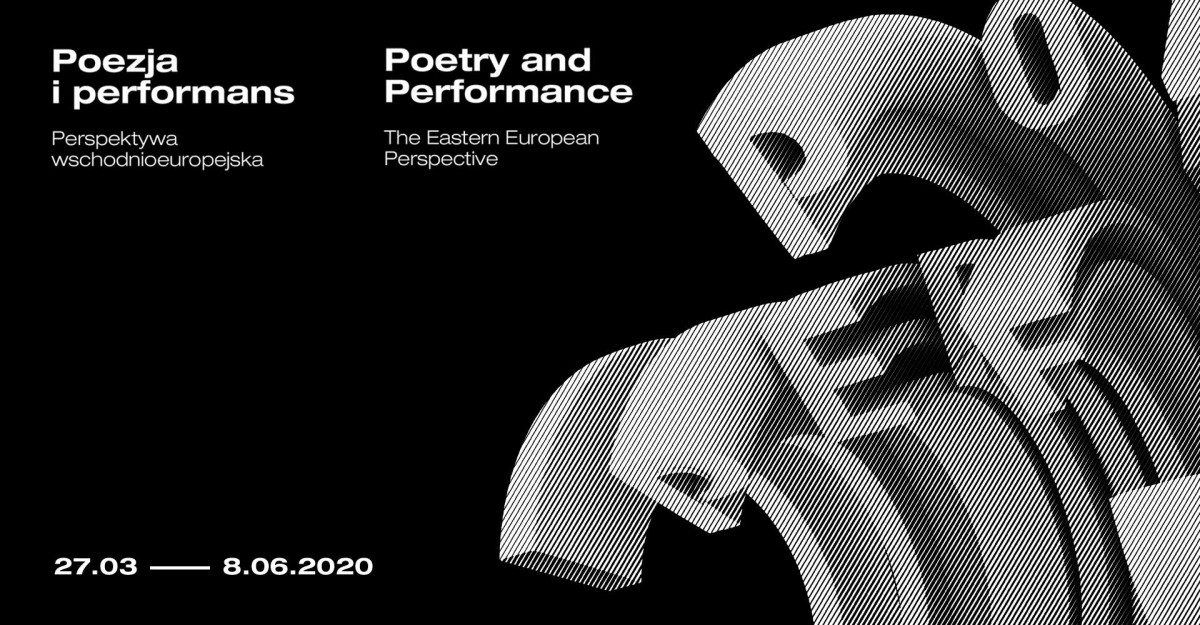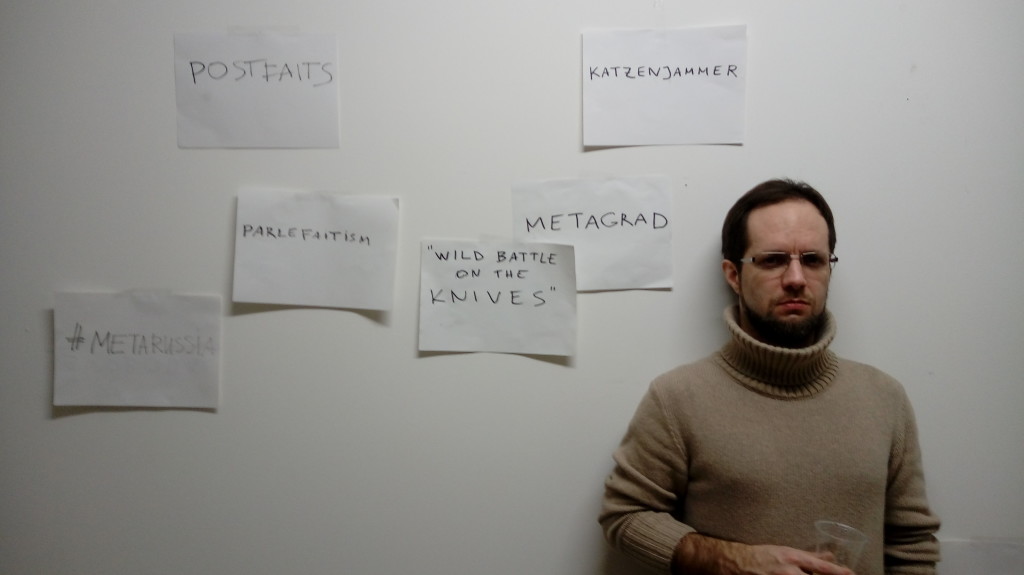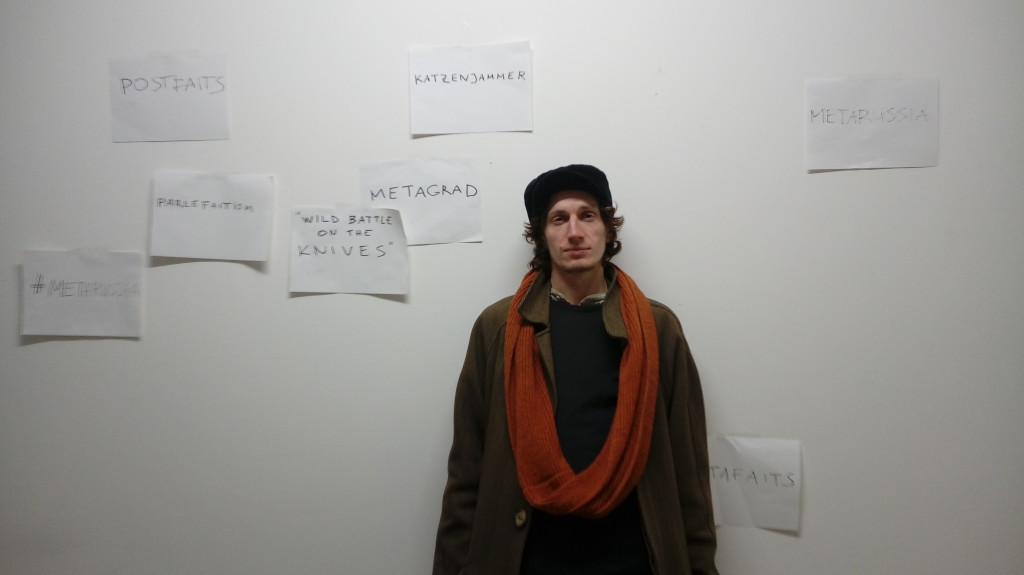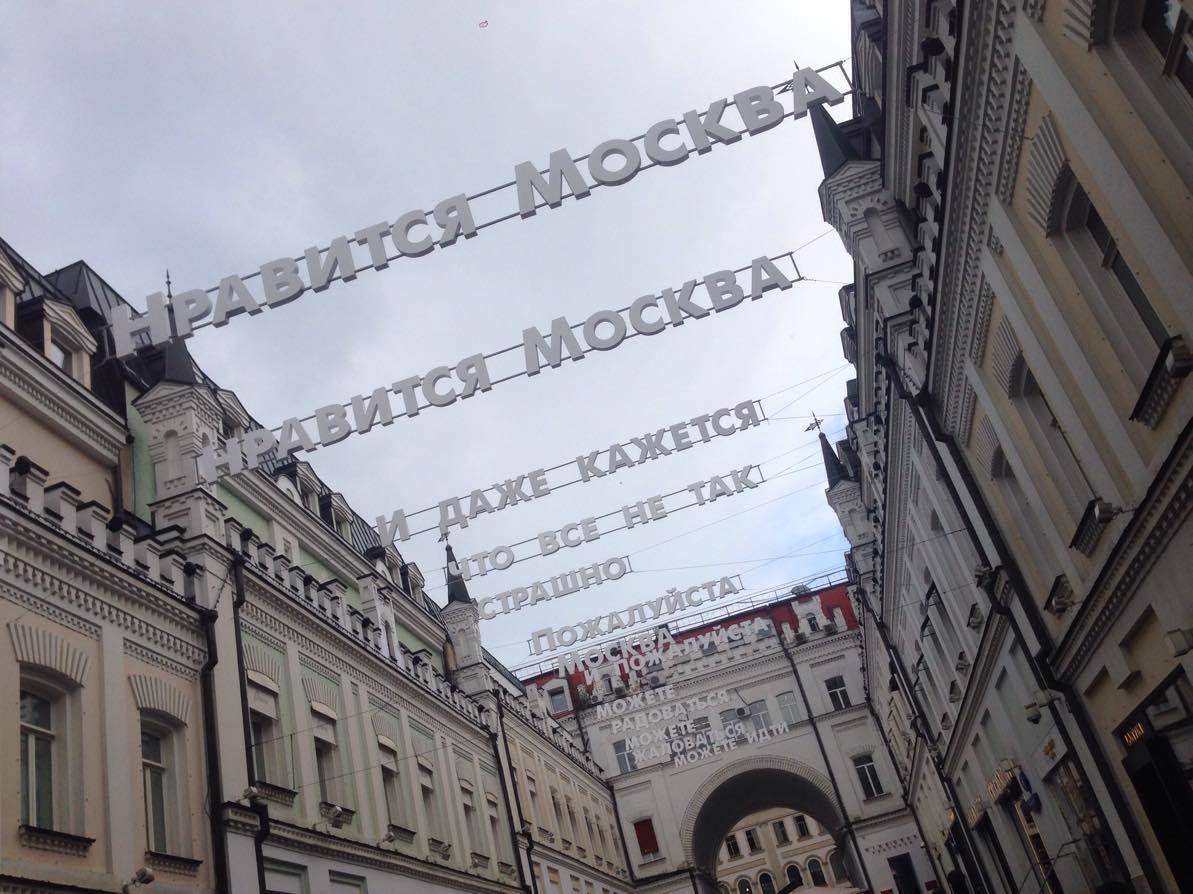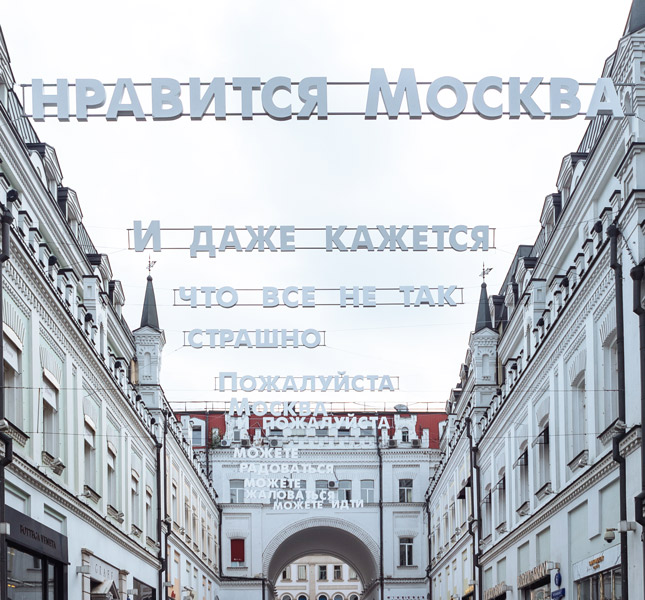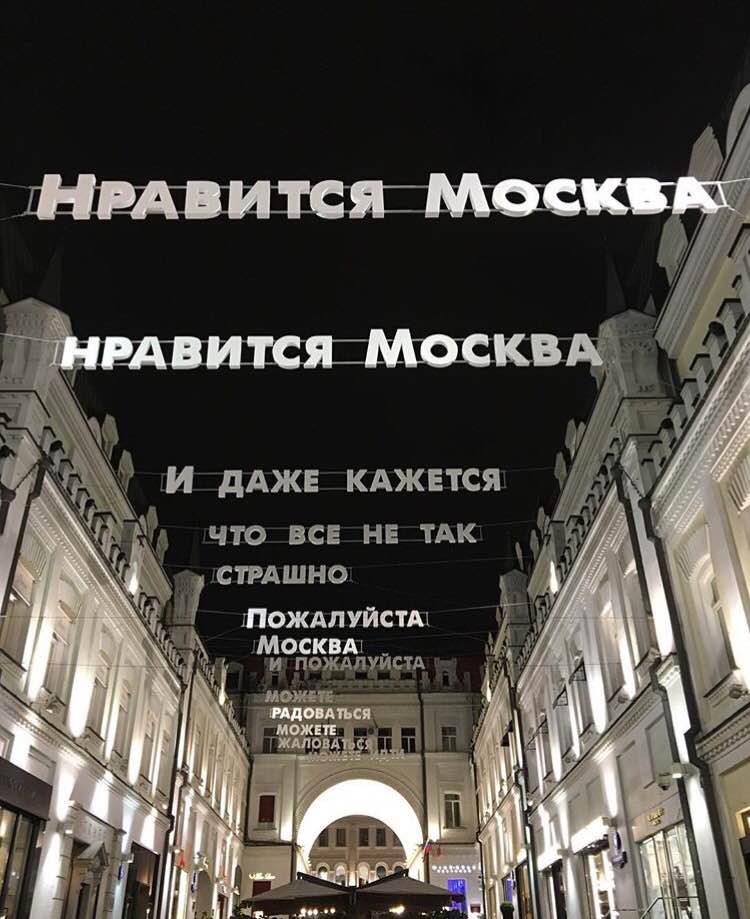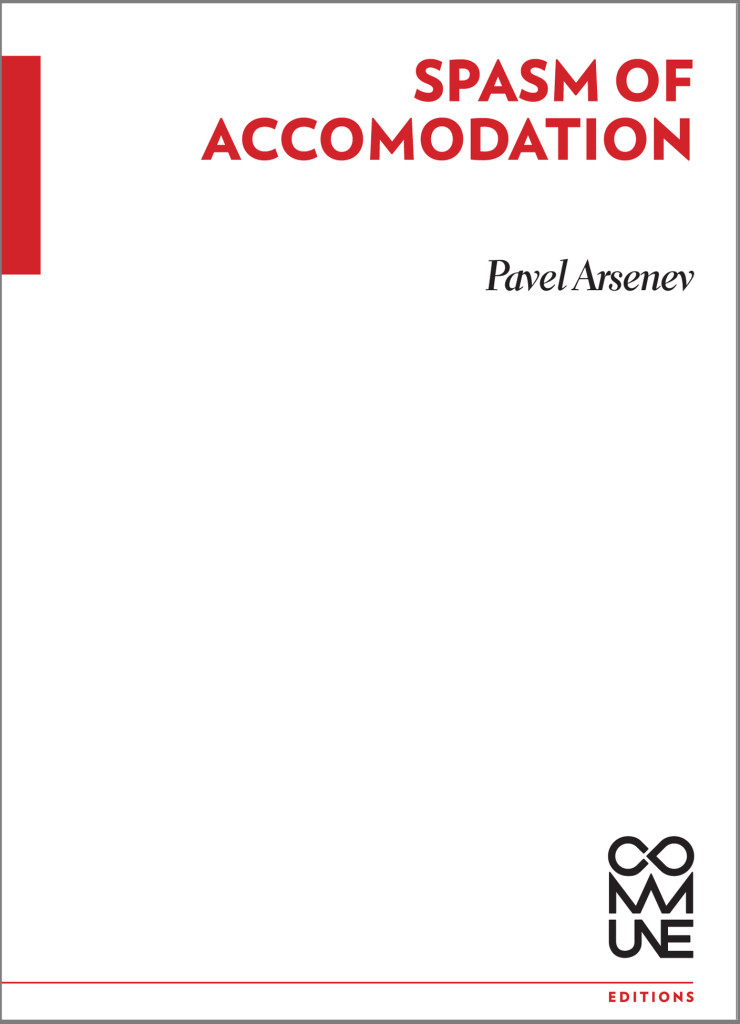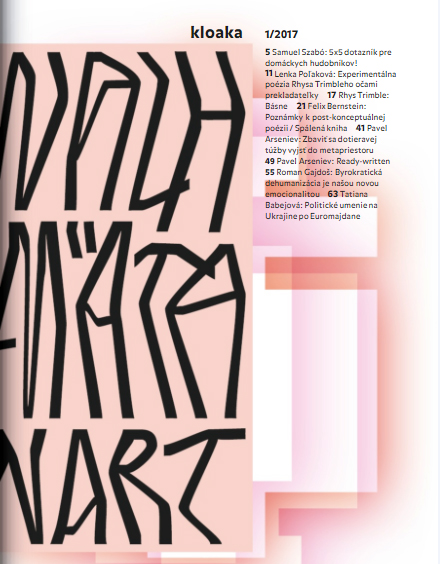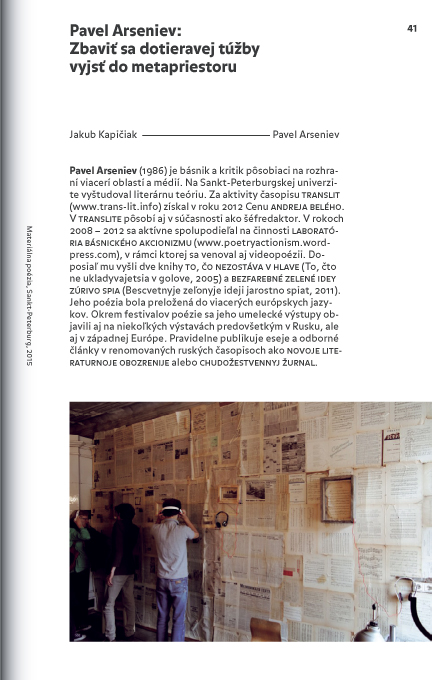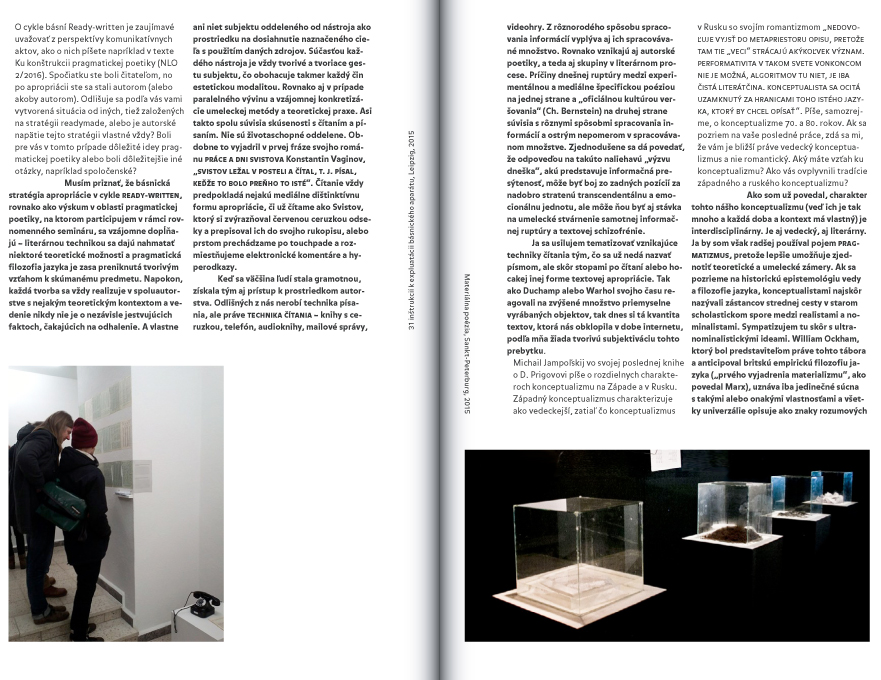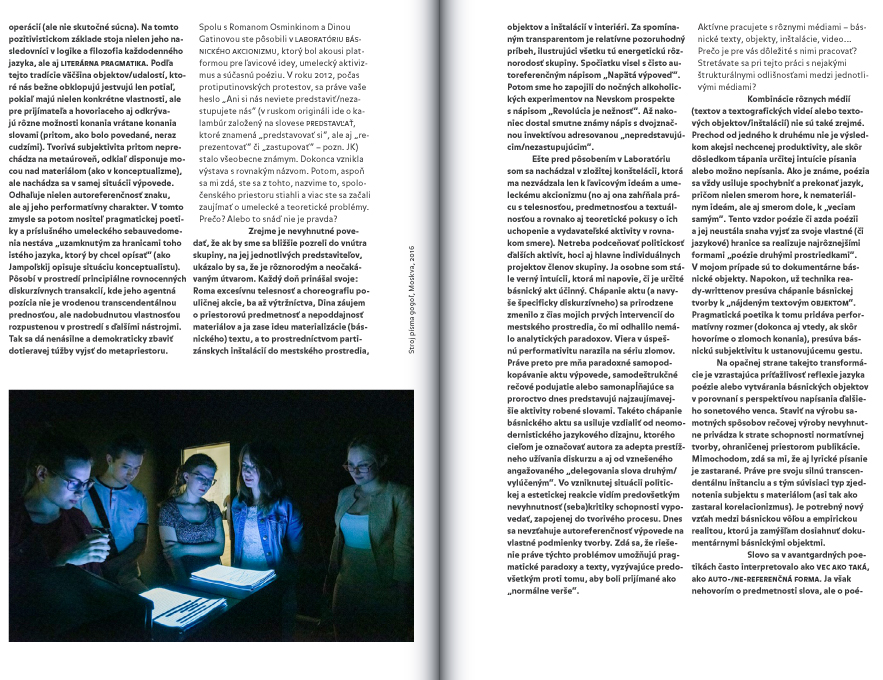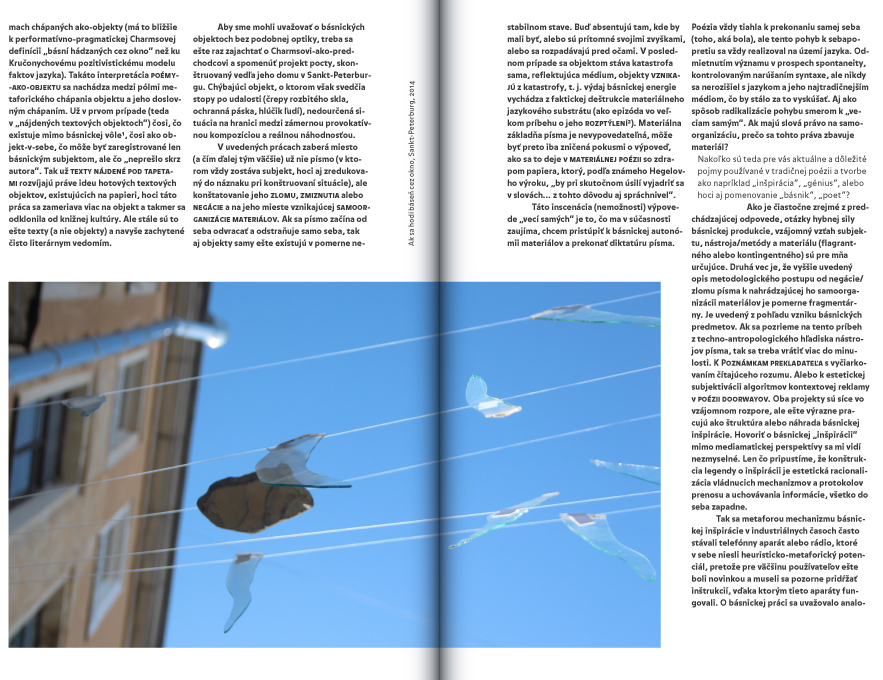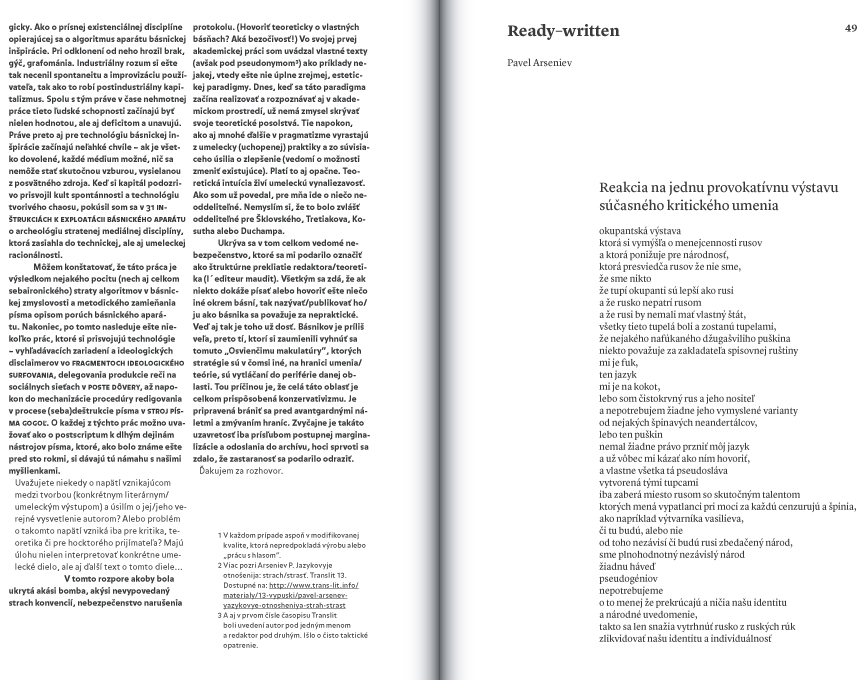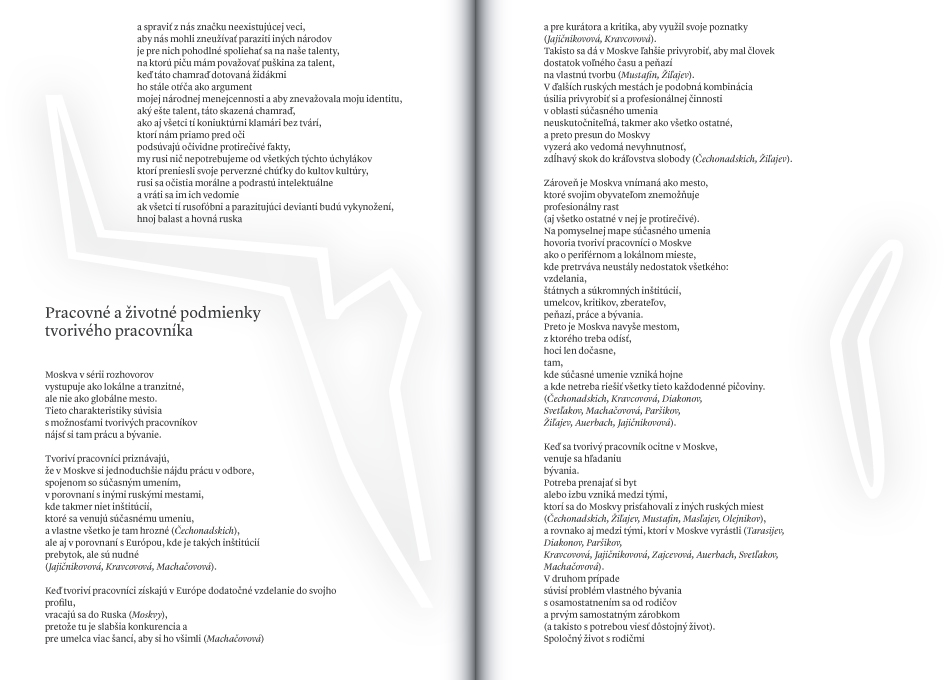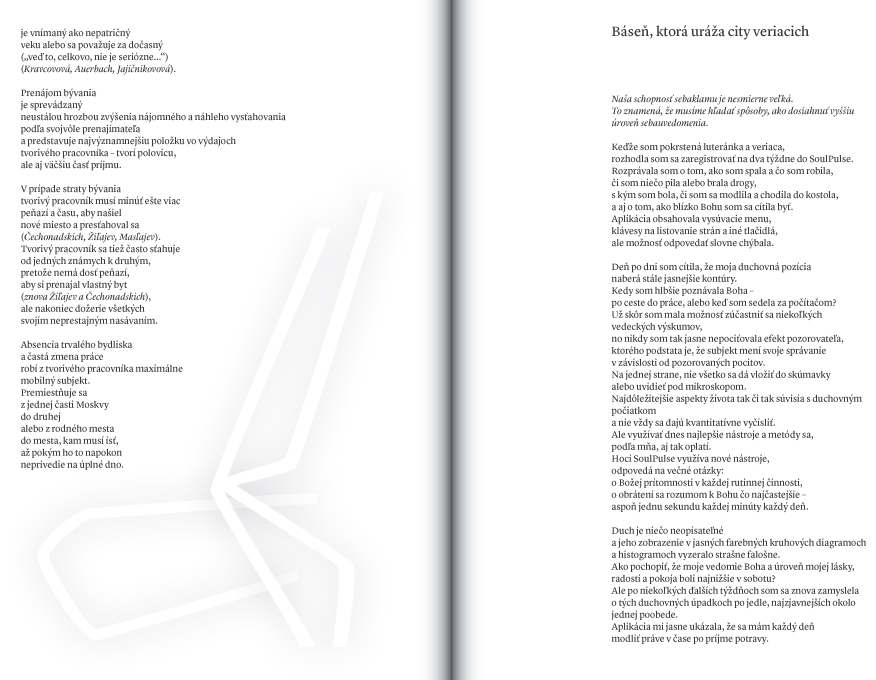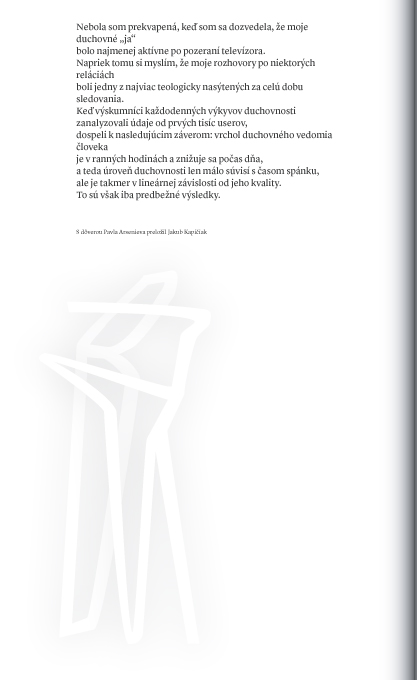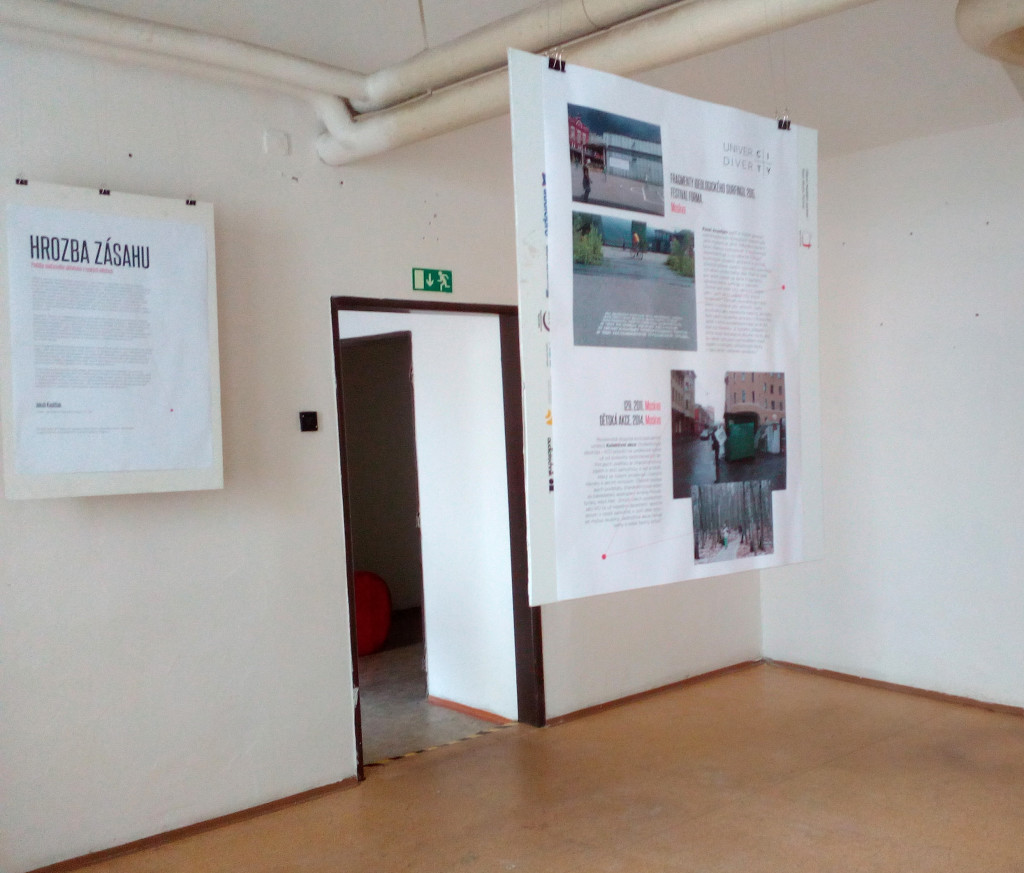Упоминания в книгах и научных публикациях
На английском:
- Marijeta Bozovic. Avant-Garde Post– Radical Poetics after the Soviet Union (Harvard University Press, 2023)
 What does leftist art look like in the wake of state socialism? In recent years, Russian-language avant-garde poetry has been seeking the answers to this question. Marijeta Bozovic follows a constellation of poets at the center of a contemporary literary movement that is bringing radical art out of the Soviet shadow: Kirill Medvedev, Pavel Arseniev, Aleksandr Skidan, Dmitry Golynko, Roman Osminkin, Keti Chukhrov, and Galina Rymbu. While their formal experiments range widely, all share a commitment to explicitly political poetry. Each one, in turn, has become a hub in a growing new-left network across the former Second World. libgen
What does leftist art look like in the wake of state socialism? In recent years, Russian-language avant-garde poetry has been seeking the answers to this question. Marijeta Bozovic follows a constellation of poets at the center of a contemporary literary movement that is bringing radical art out of the Soviet shadow: Kirill Medvedev, Pavel Arseniev, Aleksandr Skidan, Dmitry Golynko, Roman Osminkin, Keti Chukhrov, and Galina Rymbu. While their formal experiments range widely, all share a commitment to explicitly political poetry. Each one, in turn, has become a hub in a growing new-left network across the former Second World. libgen - Stephanie Sandler. The freest speech in Russia : poetry unbound, 1989-2022 (Princeton University Press, 2024)

An essential introduction to contemporary Russian poetry that considers its development alongside post-Soviet Russia’s evolving cultural and political landscape.
Chapter 1 Politics: writing poems in a world of harm: Medvedev, Golynko, Arsenev
 Bradley А. Gorski. Cultural Capitalism: Literature and the Market after Socialism (Northern Illinois University Press, 2025)
Bradley А. Gorski. Cultural Capitalism: Literature and the Market after Socialism (Northern Illinois University Press, 2025)
Chapter Anti-capitalism and Fight for Art
- Ksenia Fedorova. Aesthetics of the Homunculus of Science. Artistic Approach to Physiological Research in New Anthropology // Wahrnehmungskräfte – Kräfte wahrnehmen. Dynamiken der Sinne in Wissenschaft, Kunst und Literatur, 2024
На русском:
-
 От нового эпоса до «политики идентичности» // Полка. История русской поэзии: [сборник статей под ред. Л. Оборина]. — М.: Альпина нон-фикшн, 2025.
От нового эпоса до «политики идентичности» // Полка. История русской поэзии: [сборник статей под ред. Л. Оборина]. — М.: Альпина нон-фикшн, 2025. - Сергей Фоменко. Поэзия материальна – о поэтической прагматике Павла Арсеньева / Prosodia (1/06/2024)
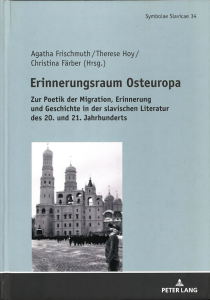 Schellens D.E.A. St. Petersburg als Palimpsest: subversive Geschichtskonstruktionen als Gegendiskurs in der Performance- und Aktionskunst des Laboratoriums für poetischen Aktionismus. In: Frischmuth A., Hoy T. & Färber C. (Eds.), Erinnerungsraum Osteuropa. Zur Poetik der Migration, Erinnerung und Geschichte des 20. und 21. Jahrhunderts. no. 34. Berlin: Peter Lang. 173-189 (2018).
Schellens D.E.A. St. Petersburg als Palimpsest: subversive Geschichtskonstruktionen als Gegendiskurs in der Performance- und Aktionskunst des Laboratoriums für poetischen Aktionismus. In: Frischmuth A., Hoy T. & Färber C. (Eds.), Erinnerungsraum Osteuropa. Zur Poetik der Migration, Erinnerung und Geschichte des 20. und 21. Jahrhunderts. no. 34. Berlin: Peter Lang. 173-189 (2018).
- Кевин М.Ф. Платт. Пожар в голове: Павел Арсеньев, эстетическая автономия и «Лаборатория поэтического акционизма» // Новое литературное обозрение № 145 (3/2017)
- Кирилл Корчагин. XXIV Банные чтения «Стратегии культурного сопротивления и автономизации в закрытых обществах» // Новое литературное обозрение № 143 (1/2017)
- Lev Oborin. Russian Political Poetry in the XX century // Harriman Institute Magazine (Spring 2017)
- Schellens D.E.A., ‘(Ne)soveršennye teksty/(Im)perfect texts’: Trash Aesthetics and the Problem of Representation in Video Poetry of the Laboratory for Poetic Actionism. Sublime Imperfections. Amsterdam. (2017)
- Бехметьева Л.Ю. Лаборатория поэтического акционизма: стратегии
репрезентации социальности (2013). - Бахметьева Л. Ю. К вопросу о генезисе творческой стратегии современного акционизма
- Михаил Макеев (д. ф. наук, профессор филфака МГУ). Больше/меньше, чем поэзия? (Часть II: Кирилл Медведев, Павел Арсеньев) Часть 1 Часть 2 (2013)
На чешском:
- Kostincová Jana. Media-poezija jako událost ve virtuálním a veřejném prostoru
- Kostincová Jana. Slovo jako předmět-pohyb-energie
На японском:
- Naoto Yagi. The struggle of Post-Soviet Leftist Art: Politicizing Art, Activating the Public // Genron-tomonokai # 7
Интервью на Openspace / Colta
Борьба на три фронта / 18.06.2020 / ИСКУССТВО
Диалог-послесловие с Олегом Журавлевом к вышедшей книге в серии *démarcheEditeur maudit, или о побеге из институций, поиске знания и образовании / 24.04.2020 / ИСКУССТВО
Colta.ru заглядывает в новую лабораторию [Транслит]Павел Арсеньев: «Лирическое письмо устарело» / 31.05.2017 / ИСКУССТВО
Якуб Капичьяк выяснил у Павла Арсеньева, как увернуться от «Освенцима макулатуры»«Сообщество заведомо несогласных друг с другом людей» / 13.11.2014 / ЛИТЕРАТУРА
Денис Ларионов поговорил с организаторами альманаха [Транслит]Портрет поколения: Павел Арсеньев / 15.05.2012 / АНКЕТА ПРОЕКТА «СТАРТ»
Автор OPENSPACE.RU, член Лаборатории поэтического акционизма, а теперь и художник «Старта» отвечает на наши традиционные вопросы
Против беспринципного языка / 07.11.12
Aroundart, человек и редакция, вписался на пару дней в питерской квартире-коммуне, где проживают участники Лаборатории поэтического акционизма«Нужно за эту форму бороться» / 04.05.12
По просьбе Aroundart художник Михаил Заиканов побеседовал с Павлом Арсеньевым
